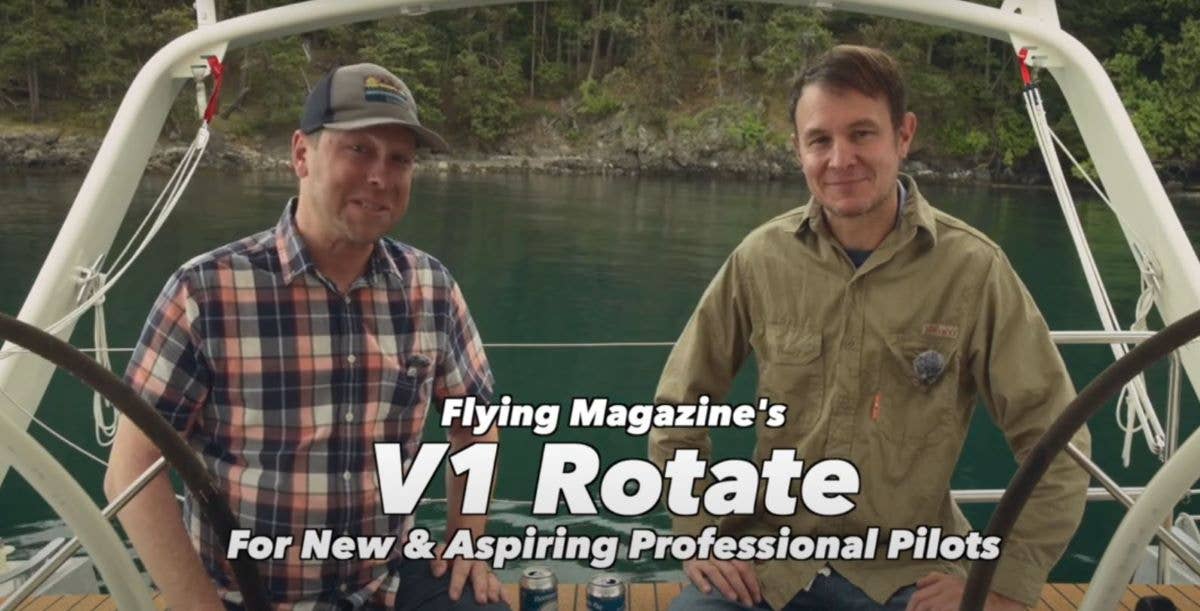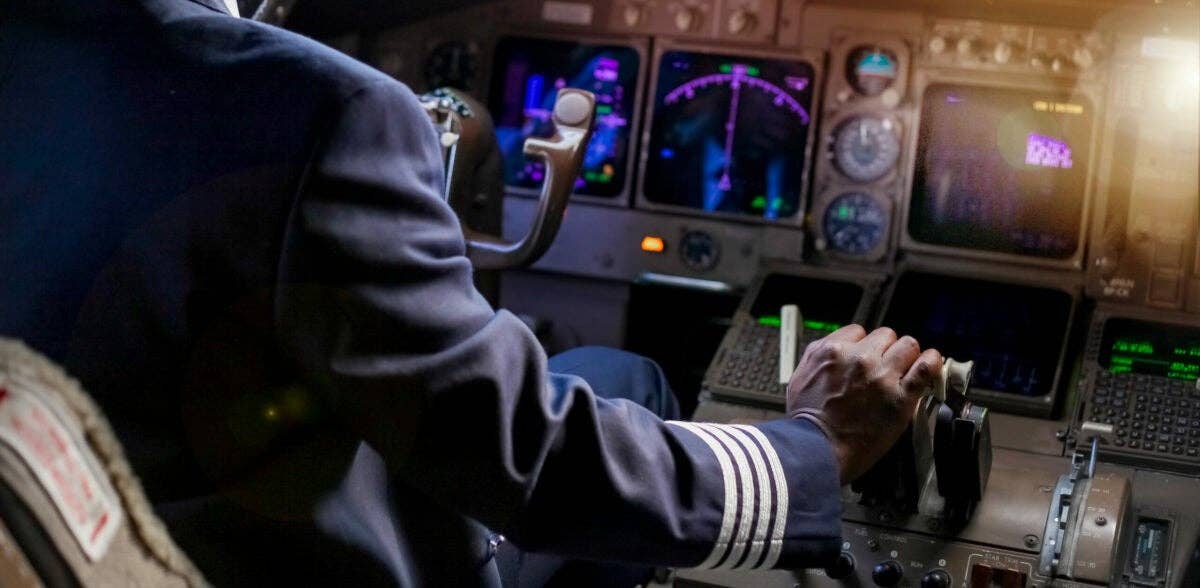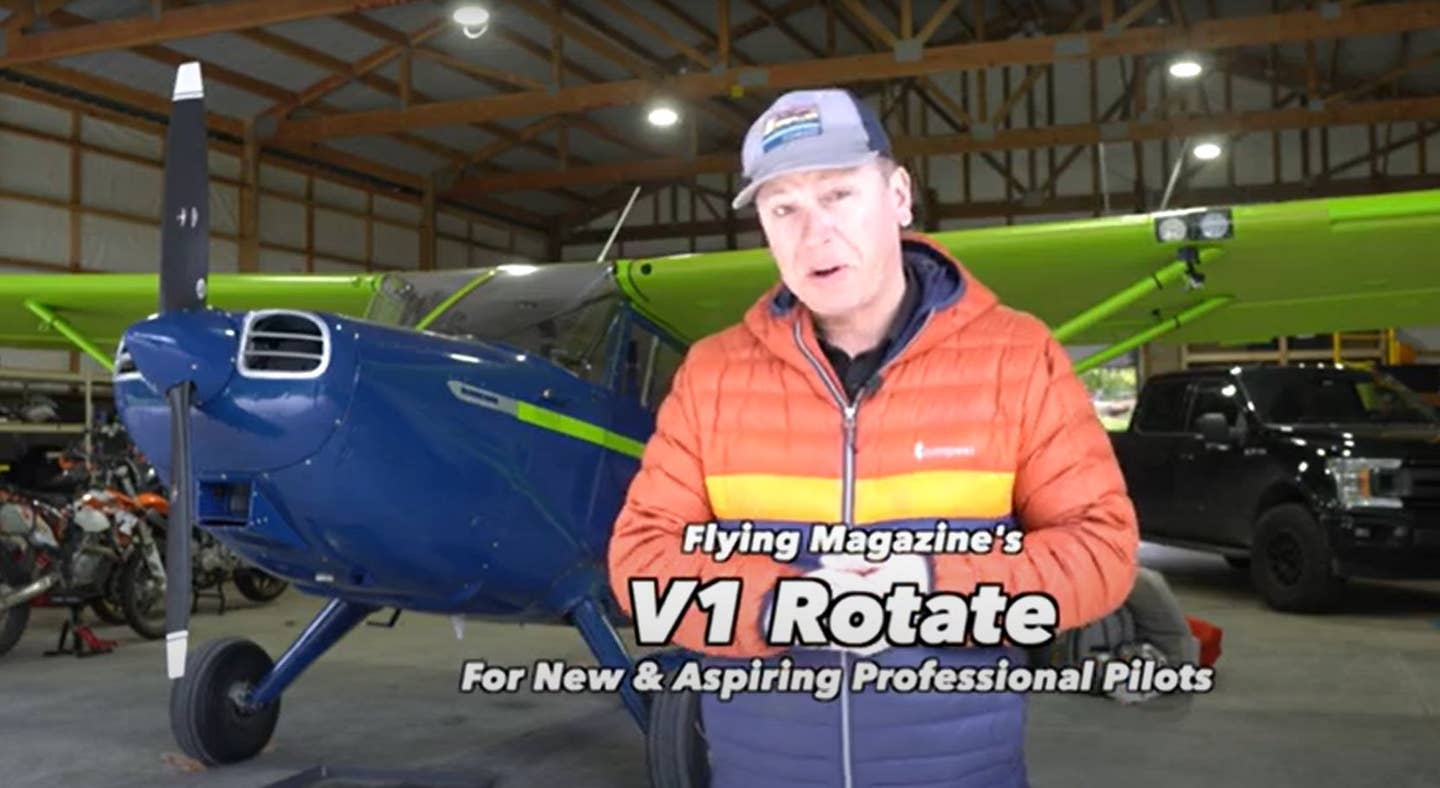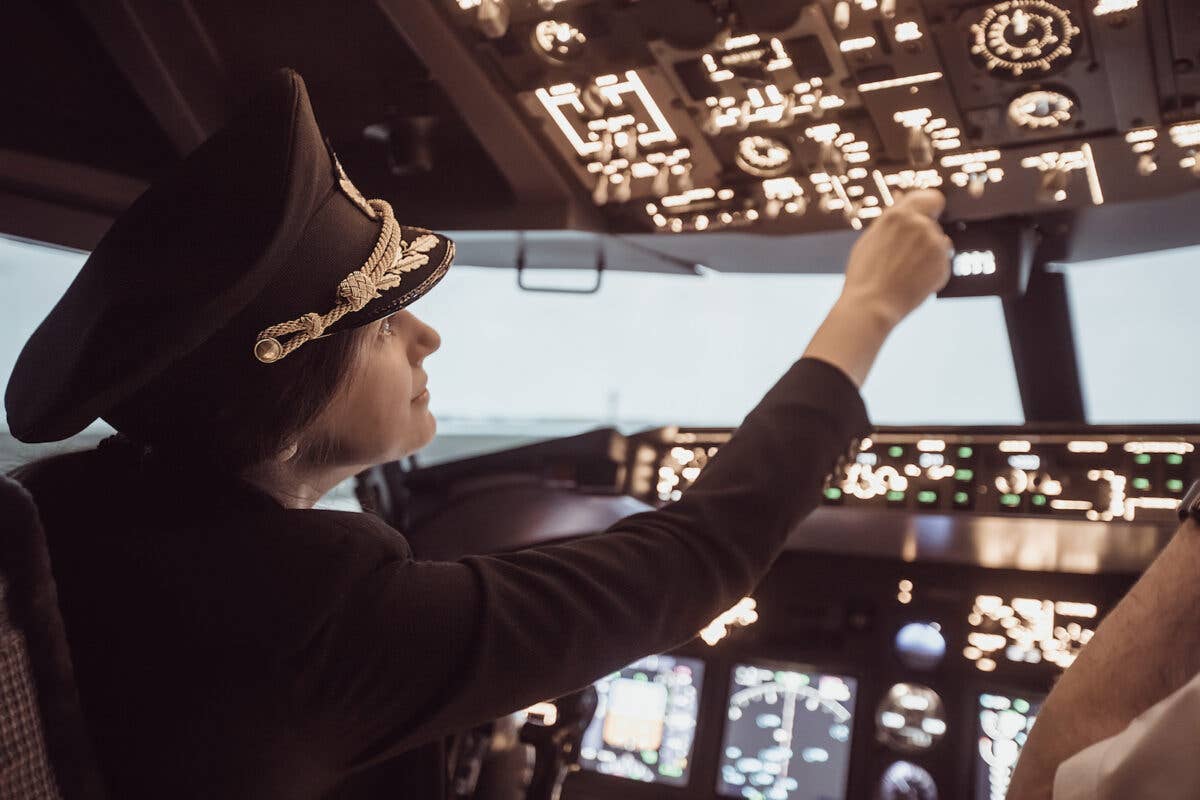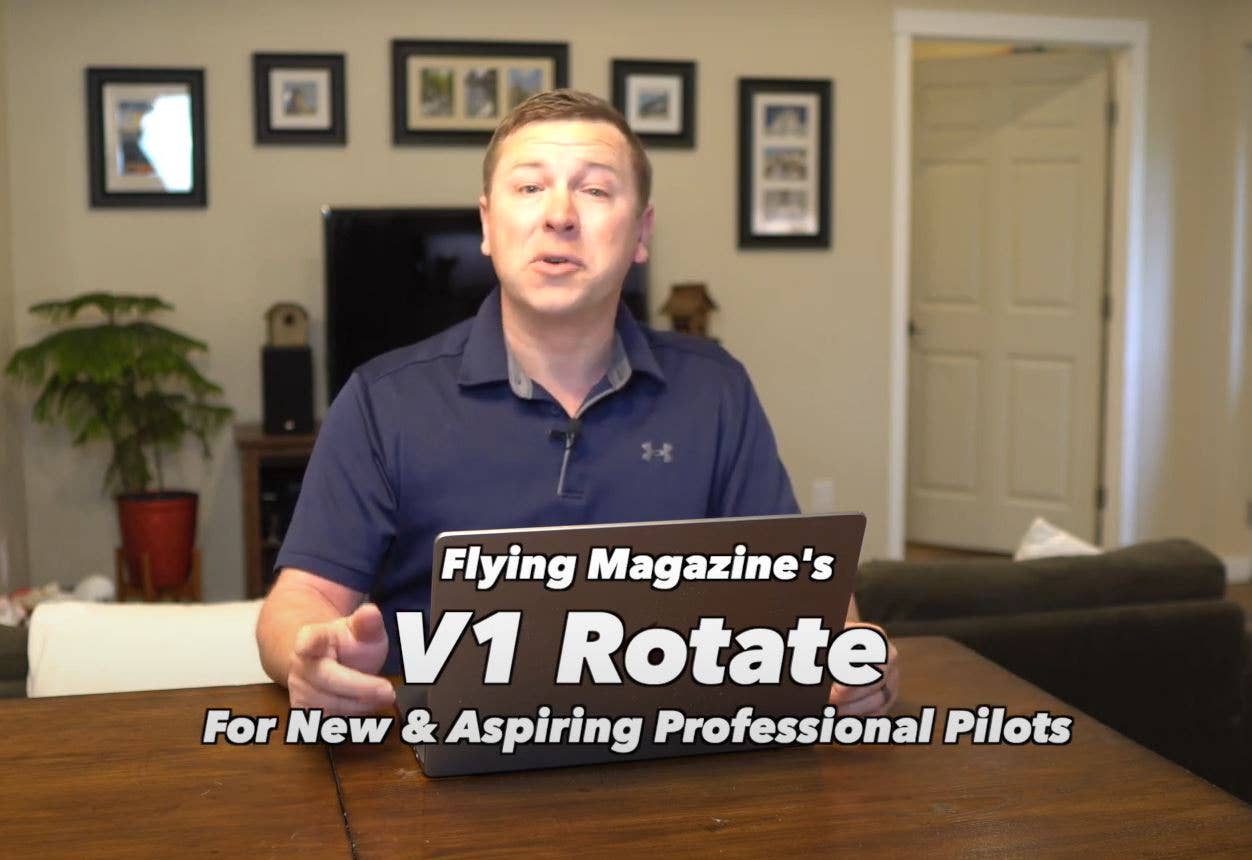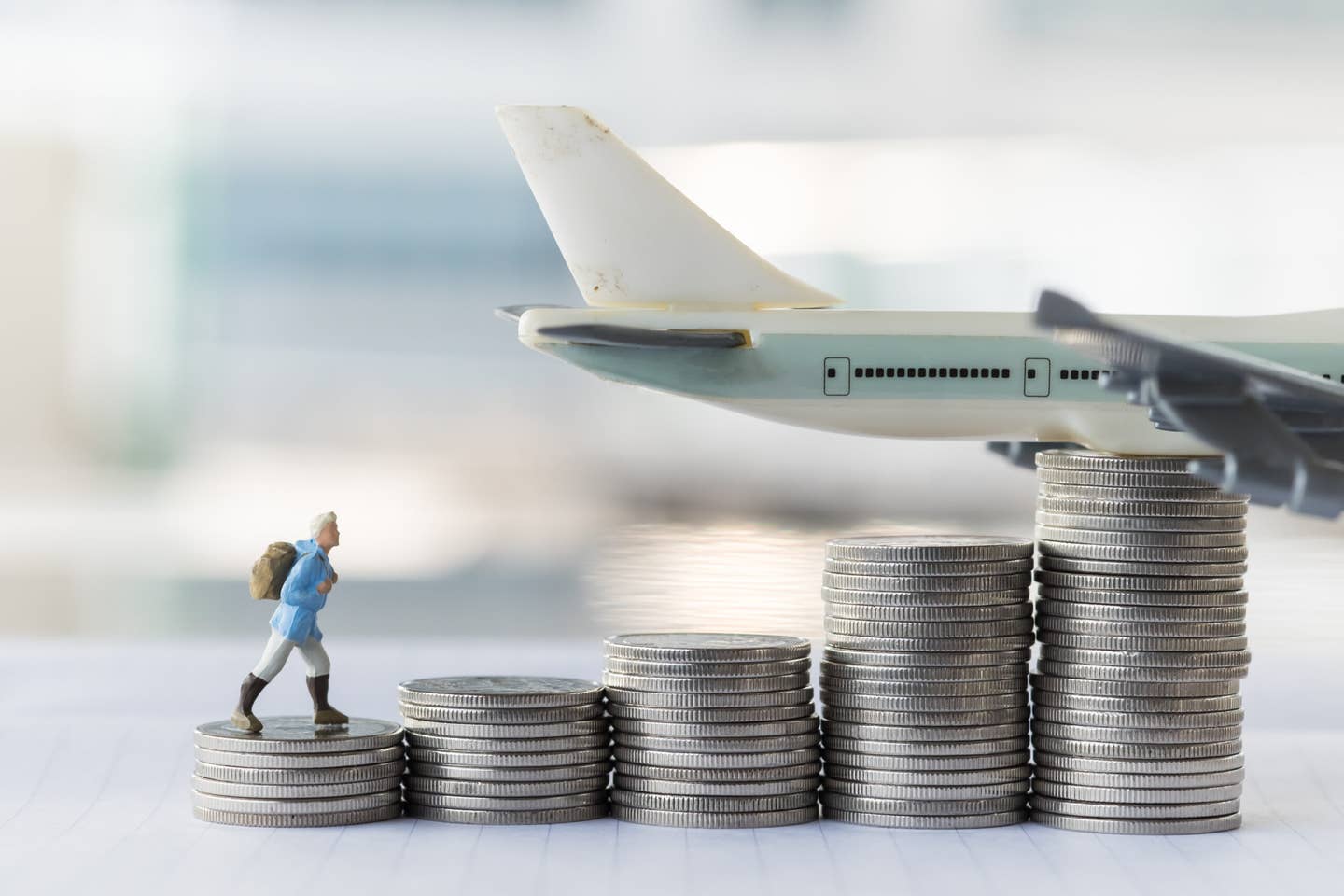Networking Strategies That Will Get You Noticed by the Airlines
Networking is one of the few things you can do for your aviation career that is free and can begin on day one.
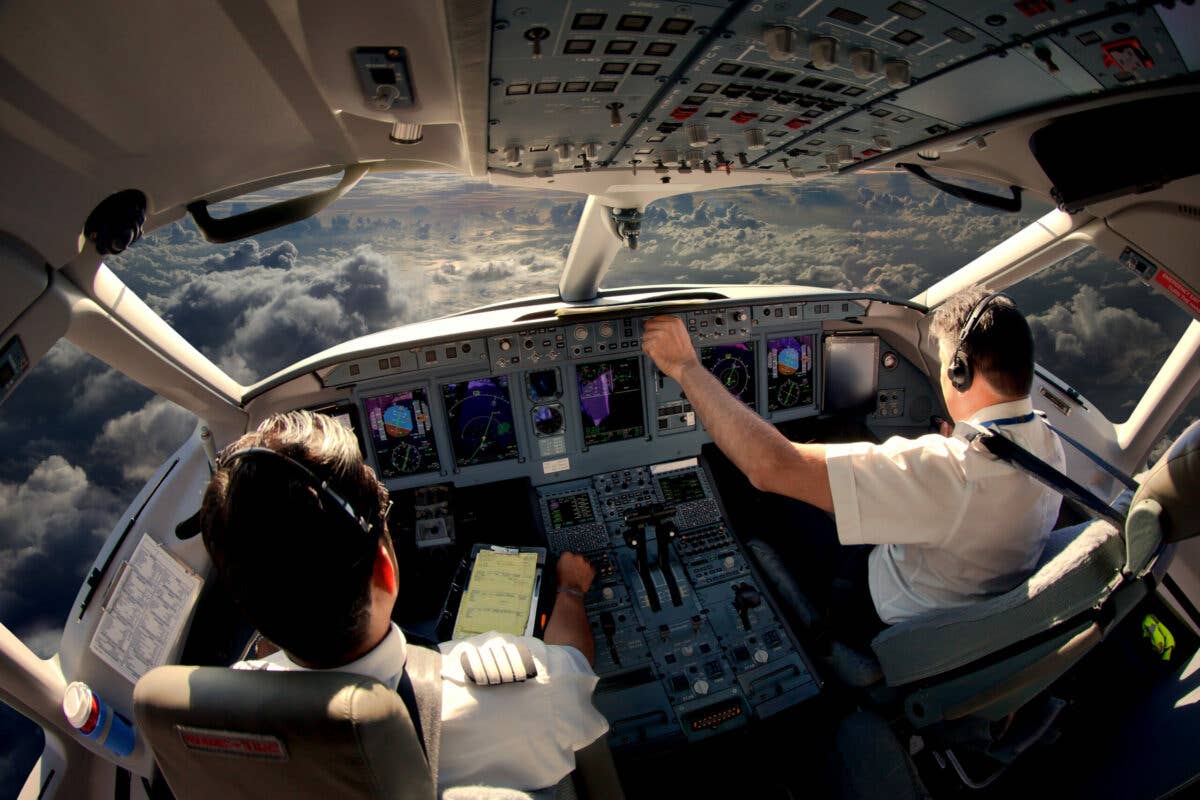
Networking plays an important role in airline hiring, Sam Weigel explains. [Credit: Adobe Stock]
In early 2004, I was a newly-married freight dog flying single-pilot Part 135 for Ameriflight. A longtime colleague had just perished in a crash while covering my sometimes-hazardous route up California’s Owens Valley. I decided to redouble my efforts to get hired at a Part 121 airline.
This being a few years after 9/11, the majors were all in pretty tough shape, and even the growing regionals could still be very selective about who they hired. My airline of choice was Horizon Air, then the best-paying regional ($28/hour during the first year!), but they were notoriously choosy, and so far, my efforts to land an interview had gone unrewarded.
I called up my friend Brad Phillips, then a second-year Horizon first officer, and asked what extra steps I should take. He suggested flying up to Portland, where he’d give me a personal tour of the Horizon flight operations center. I did so forthwith, and while roaming the halls, we came across one of Horizon’s longtime chief pilots, the late Spike McKinsey. Upon learning I was both a UND alum and an Ameriflight pilot, Spike jotted down my name and promised he’d pull my application and take a look. One week later, I got the call to interview. My friendship with Brad set me on the path that led to where I am today.
While at Horizon, I met a guy named Mitch Nastri, who struck me as exceptionally friendly. We hung out a few times, but Mitch would also call me once a month, often at the same time of the month, almost like clockwork. It was uncanny. When I left Horizon for Compass in 2007, Mitch knew about it and followed up, asking how it was going. He came over to Compass himself a few years later. He continued to call me regularly just to chat, and over time I discovered that Mitch and I had quite a few friends in common, including in some places you wouldn’t expect. In fact, he was quasi-famous in my circle for his regular correspondence. I asked him about this once, whether he had a spreadsheet with a calling schedule, and he denied it. He said that whenever he had some downtime, he’d go down his contact list, see who he hadn’t talked to in a while, and call them. Mitch is, to this day, the most effective networker I’ve met in aviation. It surprised nobody who knew him when Mitch was hired by United Airlines in 2013—very early in the present hiring cycle—with zero turbine PIC time. He had seven internal letters of recommendation.
These two anecdotes amply demonstrate the role that networking plays in airline hiring—and it is even more important in other sectors of aviation, particularly business aviation. These days, because of the pilot shortage, it would be easy to downplay networking’s importance, assuming that one simply needs to accumulate the required certificates and experience, apply, and wait for the inevitable phone call. This would be a mistake for several reasons.
First, the pilot shortage will not last, and there is no guarantee you will be at your dream job before the music stops. There’s a high likelihood you’ll have to hustle sometime in your career. Secondly, even amid a historic shortage, setting yourself apart from other candidates and scoring the call to interview can be surprisingly difficult— ask anyone applying to the regionals at the moment. Third, having contacts throughout the industry will ensure you are better informed, make better career decisions, and have a wider range of career options.
Supposedly hard-and-fast requirements are often not so critical when you have trusted employees vouching for you. Conventional wisdom in 2013 was that you absolutely, positively needed 1,000 hours of turbine PIC to get hired at United. It turned out that wasn’t true for a strongly recommended candidate.
Networking is one of the few things you can do for your aviation career that is free (or very nearly so) and you can also start from day one—or before you ever begin flight training. In fact, the sooner you start, the better. The people you meet early in your career will end up in every corner of the industry, while later, your circle will become more circumscribed. I would argue you have better networking opportunities as an FBO line boy than a flight instructor and better opportunities as a flight instructor than a regional pilot.
The actual networking process largely consists of being friendly, actively interacting with every pilot you meet, asking lots of questions, asking for contact info, and then following up regularly. You don’t need to impress anyone with your skills or knowledge; just asking questions and demonstrating an ability to follow through is enough. I give out my card readily to anyone who mentions they’re training to be a pro pilot or are planning to do so, and the percentage that reach out is minuscule. Only a few have called, texted, or emailed twice, and I remember their names. Twenty years ago, I kept track of contacts on 3x5 cards; today, there are numerous apps for doing so. Make notes every subsequent time you connect with a contact. I think making a contact schedule is probably overambitious, but Mitch’s strategy seems a good one: every time you have some downtime in a quiet place, go down your list of contacts and see who you haven’t talked to lately.
One final piece of the puzzle is that prospective employers often value recommendations from employees who have actually flown with the applicant. A letter of recommendation that carries firsthand observations of the applicant’s flying skills is powerful. Check airmen who have observed you professionally— conducting check rides or line checks—are particularly helpful. After a successful check ride, get the check airman or examiner’s contact info and stay in touch. Other times you might be able to finagle a ride with a contact or invite them along on one of your flights. If you fly for a regional airline, offline jump seaters can be useful contacts, particularly if you connected well over the course of the flight or if something unusual happened. Again, the important thing is to follow up promptly and stay in contact over subsequent months and years.

Sign-up for newsletters & special offers!
Get the latest FLYING stories & special offers delivered directly to your inbox

